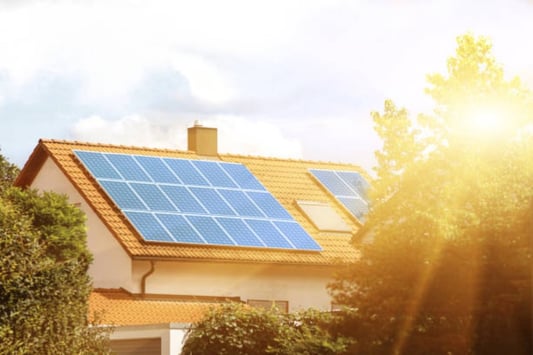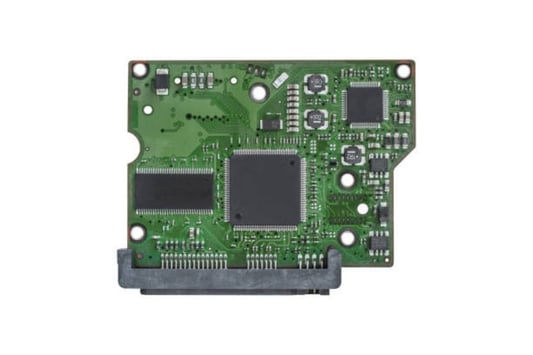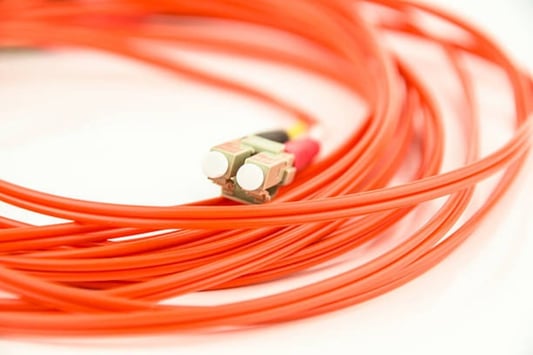IntroductionSolar energy has been rapidly gaining popularity as a sustainable option for powering homes and businesses. However, as the demand for this energy source grows, so does the need for reliable accessories to support it. One such accessory is the solar battery interconnect cable. In this article, we'll discuss the importance of this cable and how it can help you grow your solar power capacity.What Are solar battery interconnect cables?Solar battery interconnect cables are wires used to connect batteries in series or parallel configurations. These cables are designed to handle the high current and voltage associated with solar battery systems. They are typically made of high-quality copper for optimal conductivity and come in various sizes and lengths.Why Are They Important?The main purpose of solar battery interconnect cables is to improve the efficiency and reliability of solar power systems. By properly connecting batteries, these cables ensure the steady flow of energy between them, preventing overcharging or discharging. This, in turn, extends the life of the batteries and maximizes the solar power output.Types of Solar Battery Interconnect CablesThere are two main types of solar battery interconnect cables: series cables and parallel cables. Series cables connect batteries in series, which increases the voltage of the overall system. Parallel cables, on the other hand, connect batteries in parallel, which increases the system's current capacity. In addition, some cables are designed specifically for certain battery chemistries, such as lead-acid or lithium-ion.Choosing the Right CableSelecting the right solar battery interconnect cable is critical for optimizing the performance of your solar power system. Factors to consider include the length and gauge of the cable, the type of battery chemistry, and the expected current. It's important to consult with a qualified solar technician when choosing your cables to ensure proper selection and installation.Installation TipsProper installation of solar battery interconnect cables is essential for optimal performance and safety. Cables should be secured and protected from abrasions, sharp edges, and exposure to weather. Be sure to follow the manufacturer's instructions and adhere to all local codes and regulations. It's recommended to have a licensed electrician or solar technician perform the installation.Maintaining Your CablesRegular maintenance of your solar battery interconnect cables is crucial for preventing failure and extending their lifespan. Inspect cables periodically for damage or signs of wear, and replace as needed. Keep cables clean and free of debris, and avoid exposure to extreme temperatures or moisture.Cost ConsiderationsThe cost of solar battery interconnect cables can vary depending on the length, gauge, and type of cable needed. However, investing in high-quality cables upfront can save you money in the long run by improving the efficiency and lifespan of your solar power system.Where to BuySolar battery interconnect cables are widely available from a variety of reputable manufacturers and distributors. Be sure to choose a supplier that offers quality products and reliable customer service.ConclusionSolar battery interconnect cables are a vital component of any solar power system. They enhance the efficiency and reliability of the system while extending the life of the batteries. By choosing the right cable, performing proper installation and maintenance, and investing in quality products, you can maximize the benefits of solar energy for your home or business.Quote InquiryContact Us










